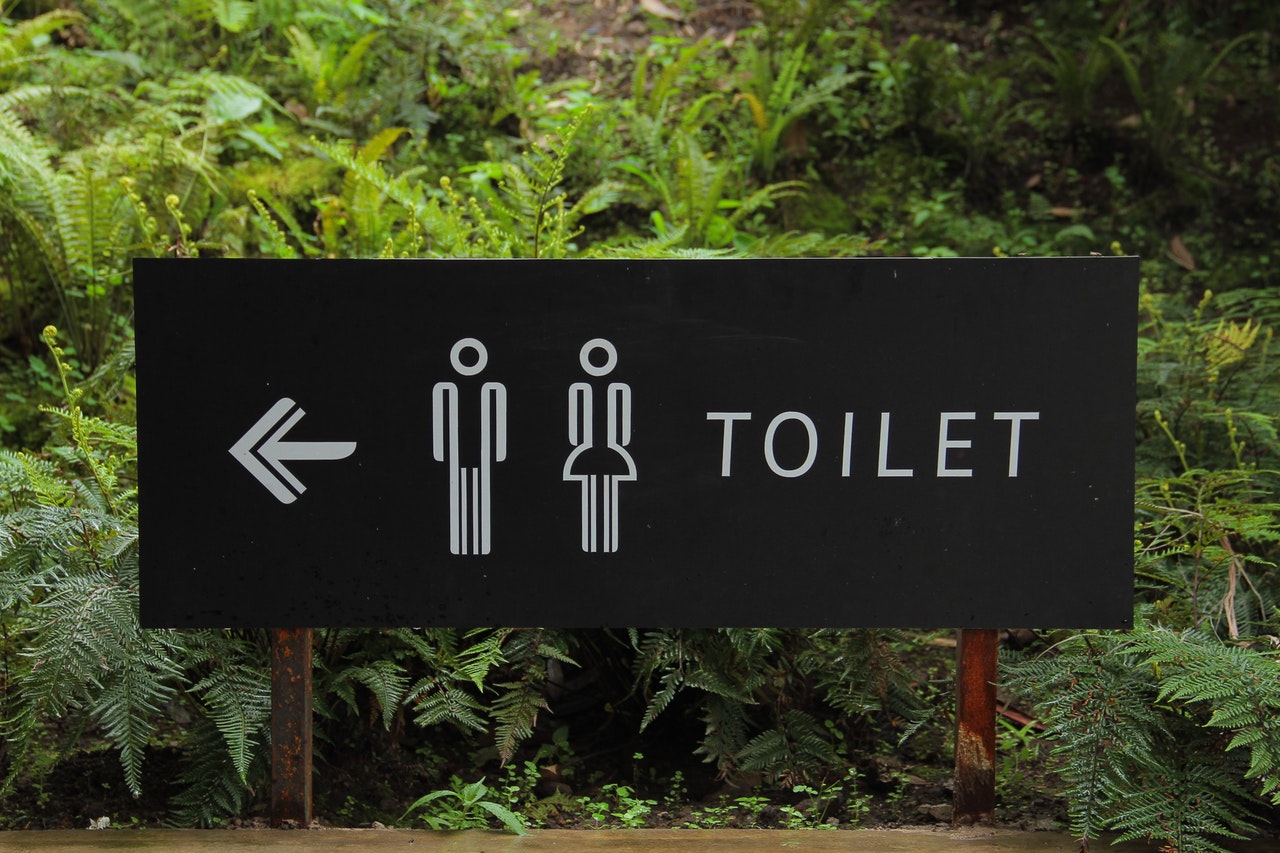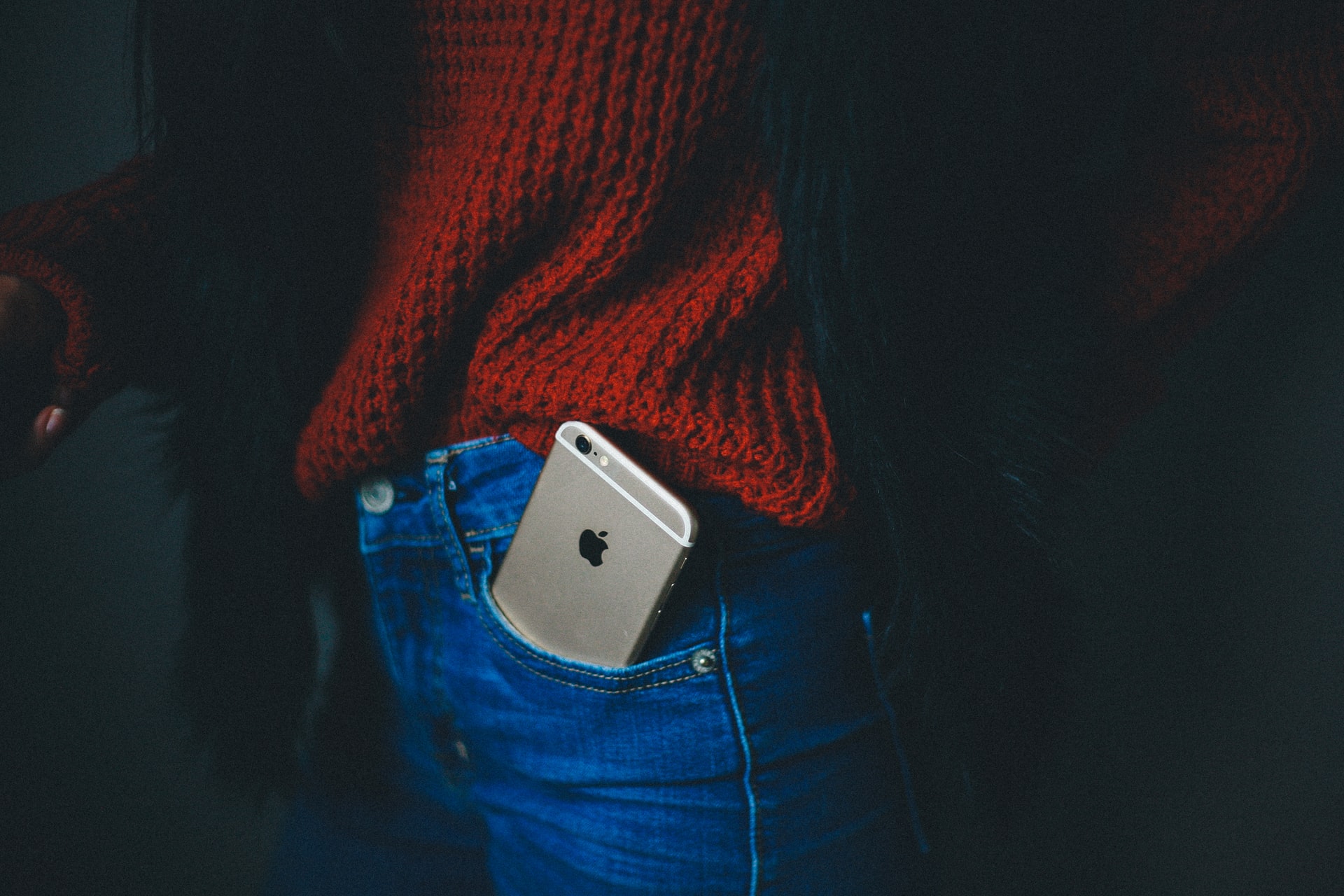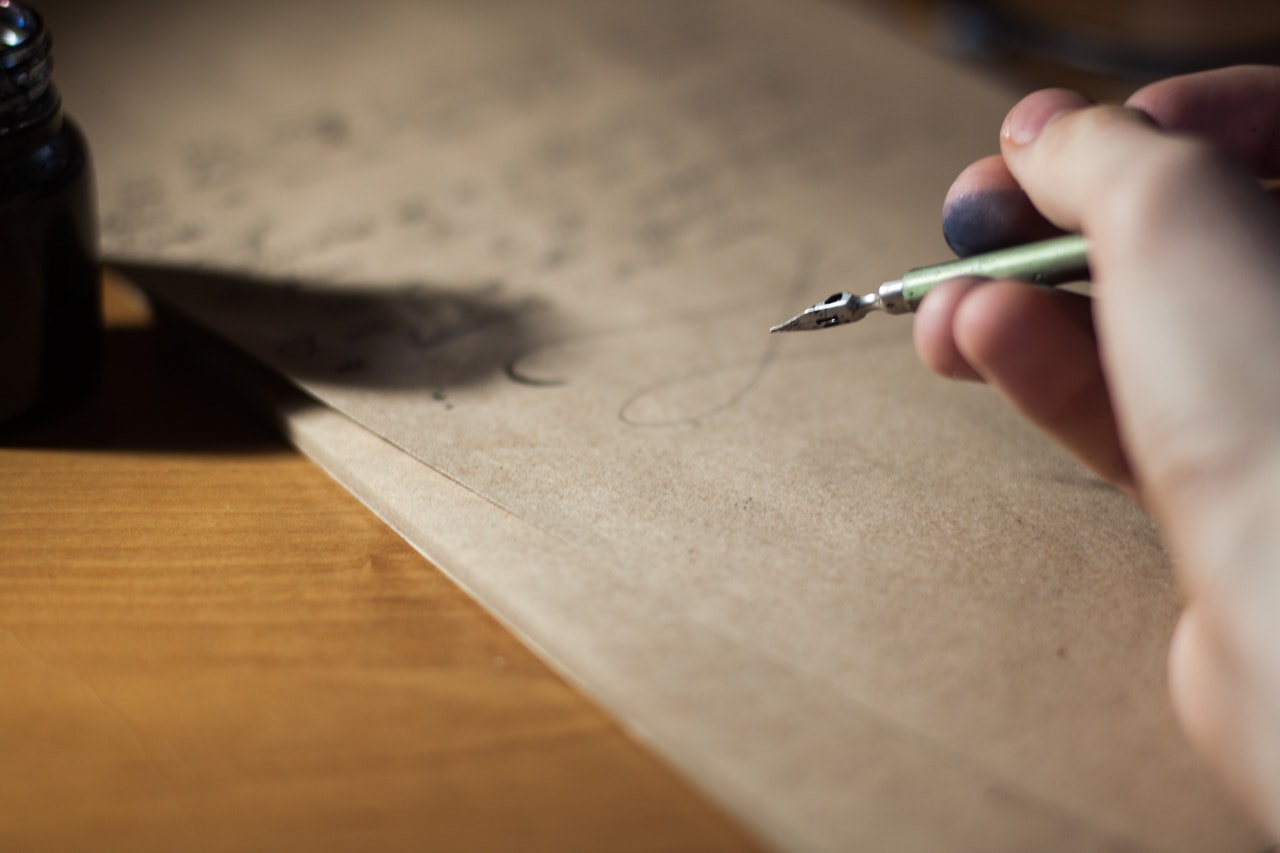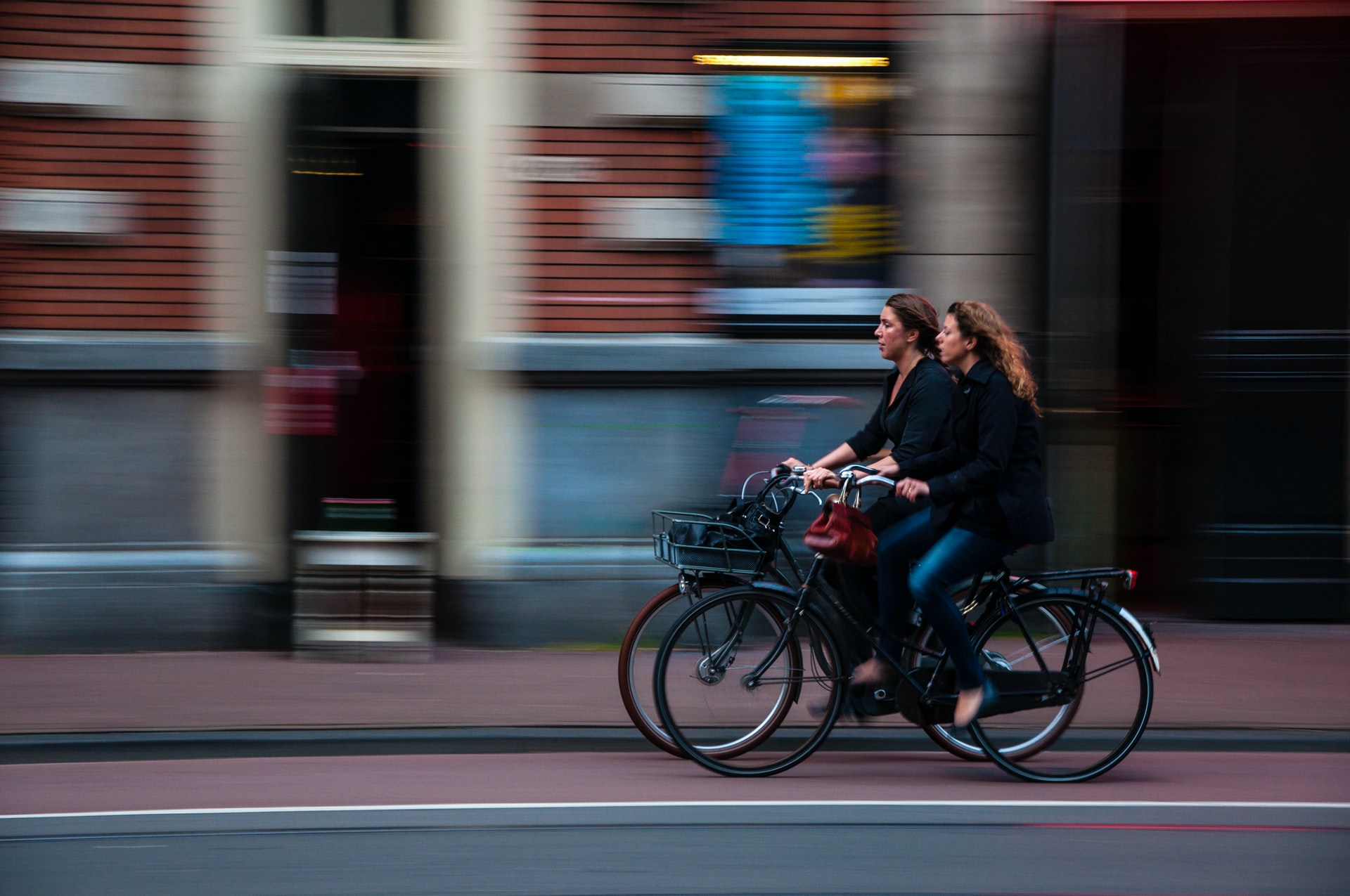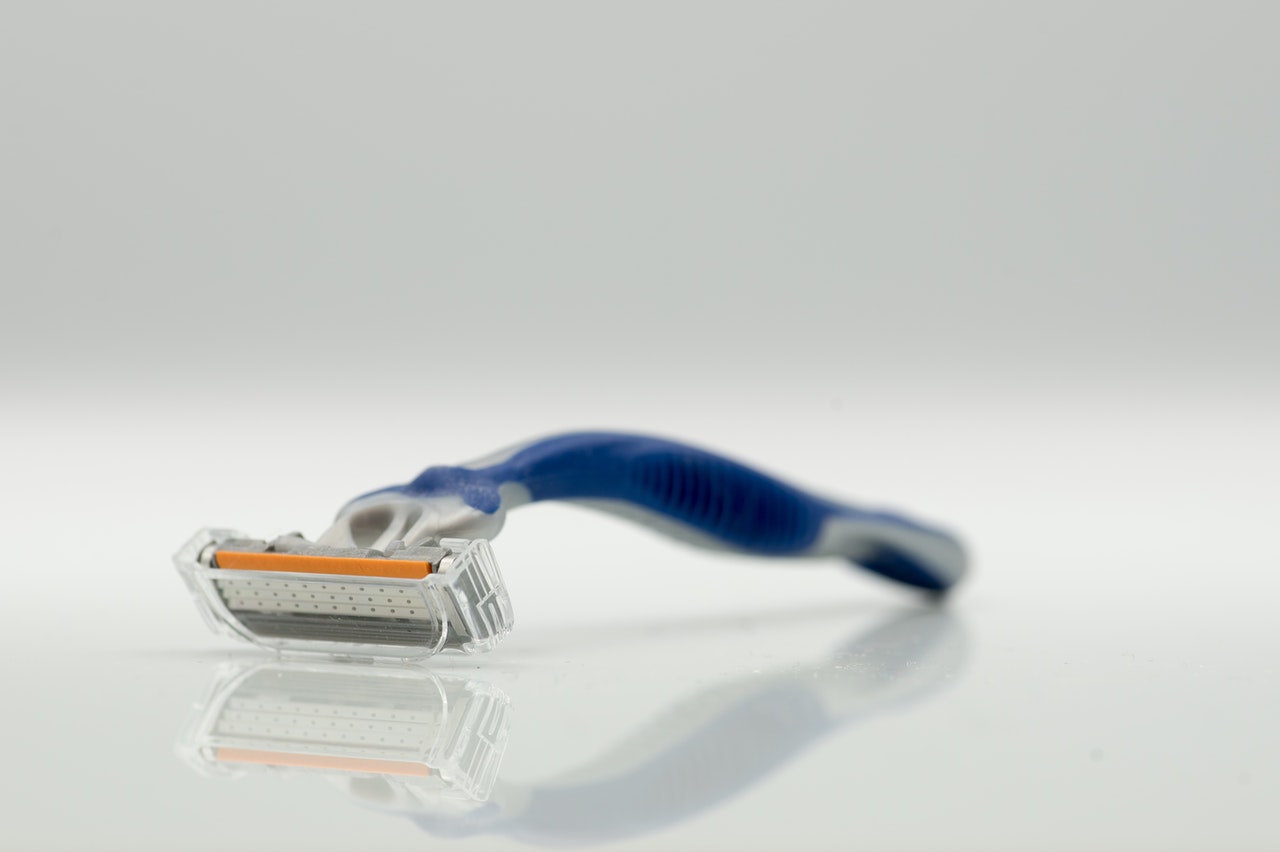Reading Time: < 1 minutes
-
- When we eat a meal, carbohydrates in the food get broken down into glucose.
- Glucose mixes with the oxygen inside our body and produces carbon dioxide, water, and energy.
- But the energy in this form is not of much use to the human body – the body has to convert it into a format that its system can use, and this format is ATP (short for Adenosine TriPhosphate).
- There are small bags inside the human cell called Mitochondria, which exchange random energy for ATP.
- Eventually, the ATP energy is used up by the body, and all that is left behind is Adenosine.
- Now, like the charging port of an iPhone is tailor-made for iPhone charger pin to fit in, our brain also has many receptors (charging ports), which are tailor-made for Adenosine (charging pin) to fit in them.
- The fitting of adenosine molecules into brain receptors leads to a chemical reaction that signals the brain to slow down, asking us to sleep to build energy reserves.
- The caffeine that enters our body through tea, coffee, or other sources, has a structure that is similar (not the same) to the adenosine structure.
- It is like a smaller charging pin that doesn’t actually charge the phone but blocks the way for the real charger to get in.
- So, when caffeine molecules fit (imperfectly) in the receptors, they act as inhibitors for the molecules of Adenosine, the sleep inducer.
- But the body needs to sleep (even if you are a chain-caffeine-consumer) and has its own ways to adapt.
- So, when receptors are often blocked by caffeine, the brain creates new receptors to accommodate Adenosine & bring sleep; that is why people who regularly consume caffeine may barely notice its effects.
- This growing of extra receptors is one of the main reasons why sudden quitting of caffeine causes headaches and sluggishness, especially in regular caffeine consumers (because seeing so many receptors, Adenosine goes into overdrive).
- But these extra receptors have been found to disappear within 7-12 days of zero caffeine consumption, and the body readapts to get rid of the addiction.
Image courtesy of Pixabay through Pexels
Reference shelf :


